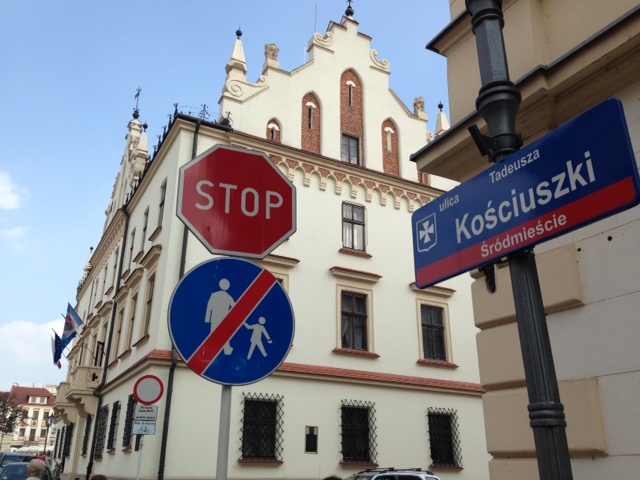
In the wake of Operation Bagration, the towns and cities of Eastern Europe would be ‘liberated’
Today is the anniversary of one of the most monumental military operations in the history of the world. A gigantic series of battles that dwarfed D Day in scale. But unlike the anniversary of D Day a few weeks ago, you won’t see the world’s most powerful leaders gathering together to celebrate this particular military triumph for the Allies. And the reason why that’s the case is an important one.
The Soviet Operation Bagration, which was launched overnight on the 21/22 June, would involve ten times more troops than the Western Allies had committed to D Day. As a result of this massive commitment from the Soviets, the once powerful German Army Group Centre in the middle of the Eastern Front would be smashed to pieces. It was – unquestionably – Hitler’s greatest defeat in terms of sheer scale of loss. Within days the Soviets had recaptured Minsk in Belarus and the whole of Eastern Europe lay open to them.
So why have so few people in the West heard of the triumph of Operation Bagration? Why are there not huge celebrations across Western Europe and America today, marking the skill and sacrifice of our wartime Allies?
Well, one reason is obvious. The British, Americans, French and Canadians weren’t involved in Bagration, and individual countries primarily – sometimes exclusively – want to commemorate their own loss of blood and treasure. But there’s more than that going on here. Because the fact is that D Day is a morally straightforward historical event. Good versus evil. The West versus Hitler. But behind Operation Bagration lies the spectre of the subsequent Soviet domination of Eastern Europe. Indeed, I’ve met a number of Poles, for example, who question the whole notion of their ‘liberation’ at the end of the war. ‘In what sense were we liberated,’ they say, ‘when the west stood by as we simply swapped the rule of one tyrant, Hitler, for that of another, Stalin’.
How much easier for the West to deal with this uncomfortable history by simply ignoring it and focusing on the ‘pure’ events of D Day.
Hitler once remarked that people only take from the past what is convenient for them. And although it pains me to say it, it seems that in just this one respect, the monster was right.
 Twitter
Twitter





